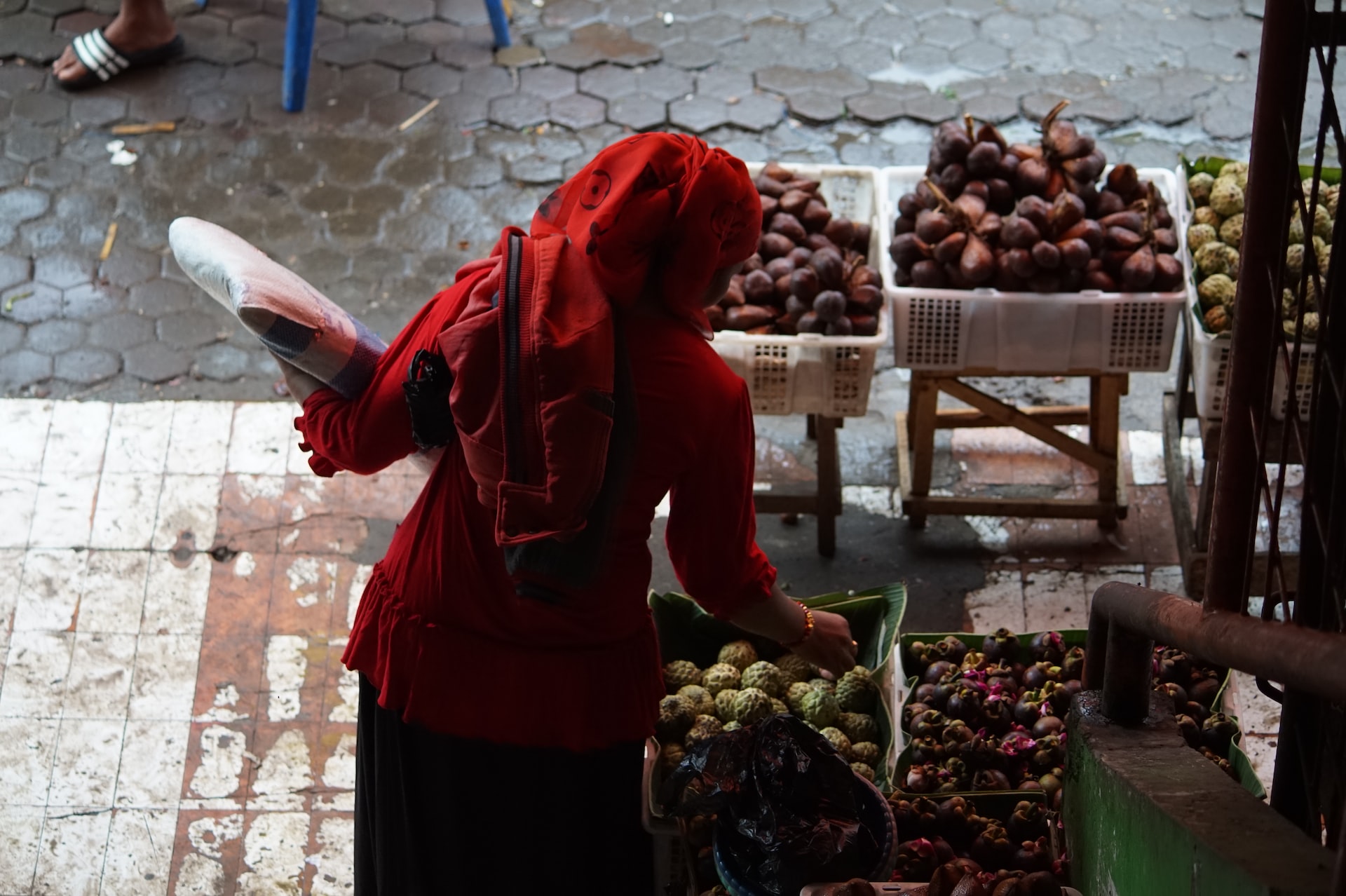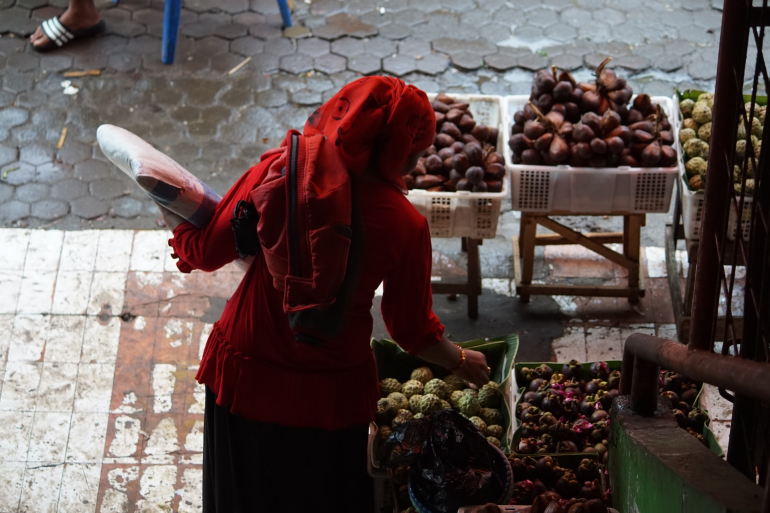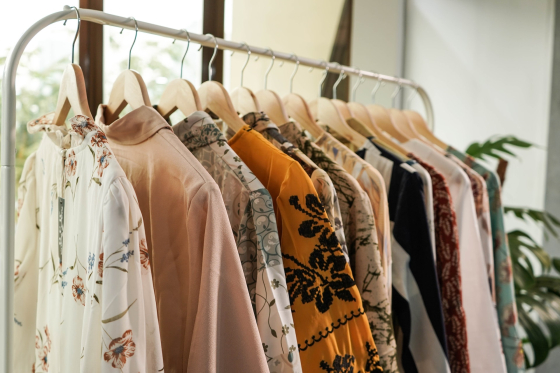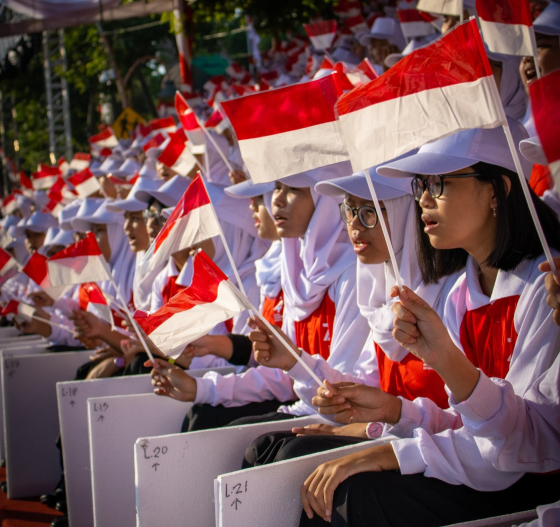Female entrepreneurs in Indonesia: Good for society, great for the economy
Perhaps surprisingly – considering the typical Western media portrayals of Muslim nations – female entrepreneurs in Indonesia are encouraged, supported and valued, says Associate Professor Minako Sakai.



